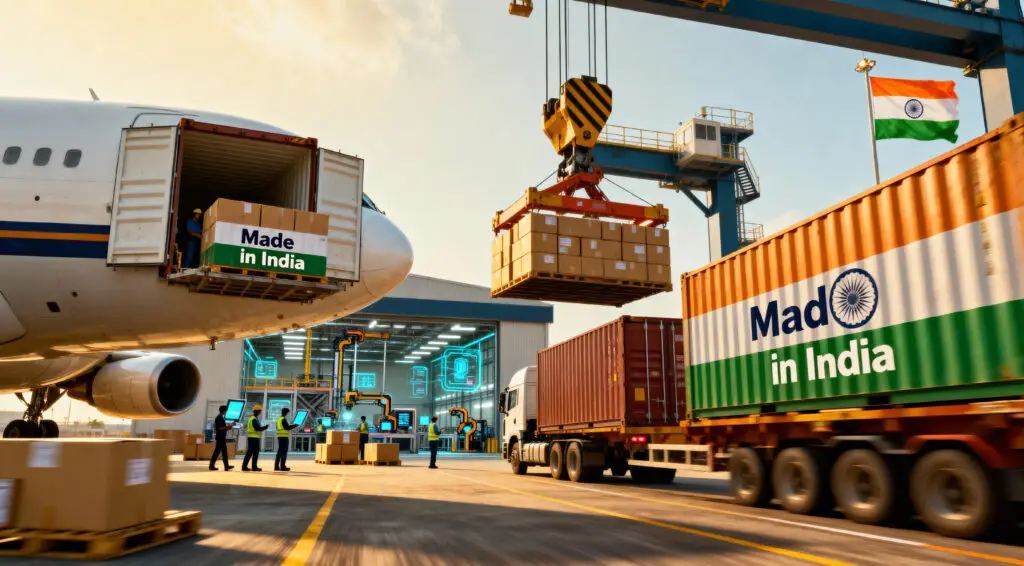Poll Shows Most Americans Expect Political Violence to Increase Soon
A new POLITICO–Public First poll reveals a grim reality about the current state of U.S. politics: a majority of Americans believe political violence will intensify in the coming years. The survey found that 55% of respondents expect such violence to increase, with many fearing that an assassination attempt on a major political figure is likely within five years.
The findings underscore how deeply polarized American society has become, following years of partisan hostility, conspiracy-driven movements, and high-profile attacks on both Democratic and Republican leaders.
Americans Fear an Era of “Violent Populism” Has Arrived
Political scientist Robert Pape of the University of Chicago, who has studied political violence for three decades, described the situation as “no longer a warning, but a lived reality.” He stated, “We’re not on the brink of a violent era — we are already in it. This is an age of violent populism.”
The survey results come amid a series of shocking events that have shaken the nation, including the assassination of conservative activist Charlie Kirk, the attempted attacks on President Donald Trump in 2024, and politically motivated threats targeting both liberal and conservative public figures.
Growing Acceptance of Violence Across Generations
One of the most alarming findings is that 24% of Americans believe political violence is “sometimes justified.” While this view shows minimal partisan division, generational differences are stark: more than one in three Americans under 45 agreed that violence can be justified under certain circumstances.
By contrast, older Americans largely rejected any justification for violence, emphasizing peaceful political engagement. The poll also found that 41% of respondents hesitate to share their political opinions in public, suggesting widespread fear of confrontation or retaliation.
Recommended Article: Trump Rejects ‘Secret Venezuela Strike Plans’ in Heated Media Exchange
Political Division Shapes Attitudes and Fear
The POLITICO survey suggests that extreme partisanship now drives perceptions of violence and civic safety. Democrats are slightly more likely than Republicans to expect rising violence, a reflection of pessimism following Trump’s return to office. Meanwhile, Americans holding negative views of major institutions, including the presidency, were significantly more likely to believe violence will worsen.
Among those with “very negative” opinions of the U.S. presidency, 76% predicted escalating violence, compared to only 15% who expect a decline.
Attacks on Officials Erode Trust and Democratic Participation
Recent incidents have heightened national anxiety. In June, former Minnesota House Speaker Melissa Hortman and her husband were killed in an attack described as “politically motivated.” Earlier acts of violence — such as the Pelosi residence assault in 2022, the plot against Justice Brett Kavanaugh, and the attempted kidnapping of Michigan Governor Gretchen Whitmer in 2020 — have contributed to what experts describe as “political normalization of aggression.”
Local officials, too, have faced increased harassment. A Princeton University study this year found that threats and intimidation against mayors, councilors, and school board members have surged nationwide, discouraging civic participation and deterring new candidates from running for office.
A Nation Divided by Fear and Distrust
Social researchers warn that fear is reshaping American public life. Shannon Hiller, executive director of Princeton’s Bridging Divides Initiative, cautioned that when hostility becomes routine, democracy suffers: “When people no longer feel safe to serve or speak, the system begins to break down from within.”
This atmosphere of fear, she added, is compounded by the fact that 41% of Americans say they have no close friend who votes differently, deepening ideological isolation.
Lawmakers Urge Dialogue to Avoid Further Escalation
After the killing of Charlie Kirk, lawmakers from both parties appealed for unity and restraint. Utah Governor Spencer Cox said, “At some point, we have to find an off-ramp, or else it’s going to get much worse.” Despite these appeals, the poll shows public confidence in de-escalation remains low.
The White House has condemned recent incidents but has not yet outlined a comprehensive plan to counter political extremism or domestic terrorism. Experts argue that policy responses must now go beyond rhetoric to address root causes such as online radicalization and community fragmentation.
A Warning for America’s Democratic Future
The POLITICO poll paints a troubling picture of a nation trapped between fear and frustration. While two-thirds of respondents insist that political violence is “never justified,” the remaining minority — now numbering in the tens of millions — signals a dangerous normalization of aggression in American civic life.
Analysts warn that unless political leaders prioritize reconciliation and civic education, the line between protest and violence will continue to blur, undermining the principles of free expression and peaceful governance.
As Pape concluded, “Public support for political violence is moving from the margins to the mainstream — and every step it takes makes America’s democracy more fragile.”























